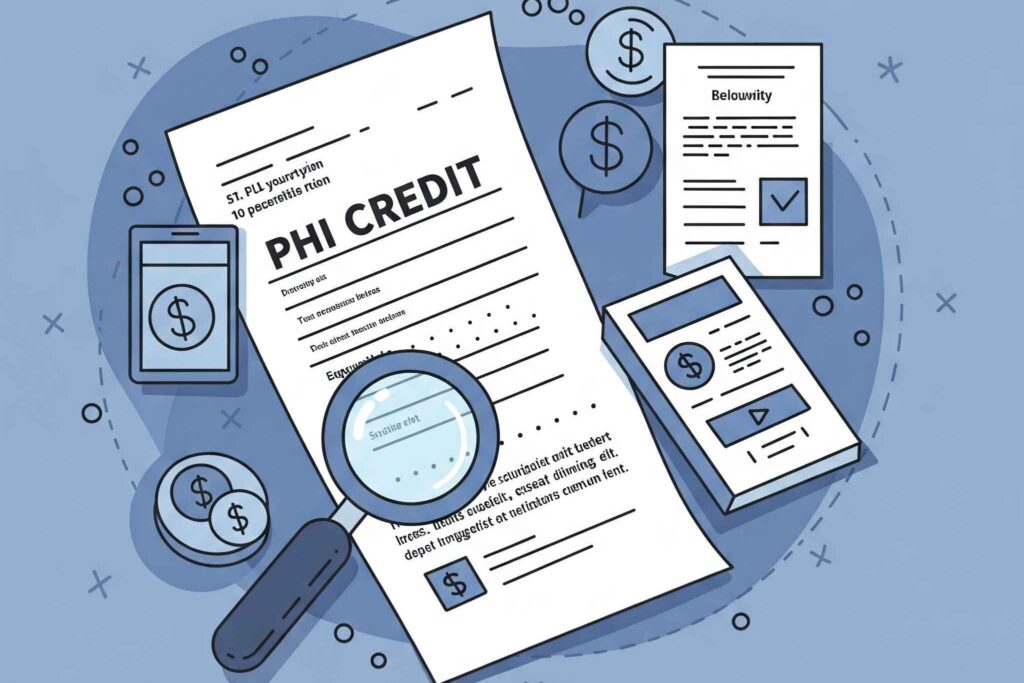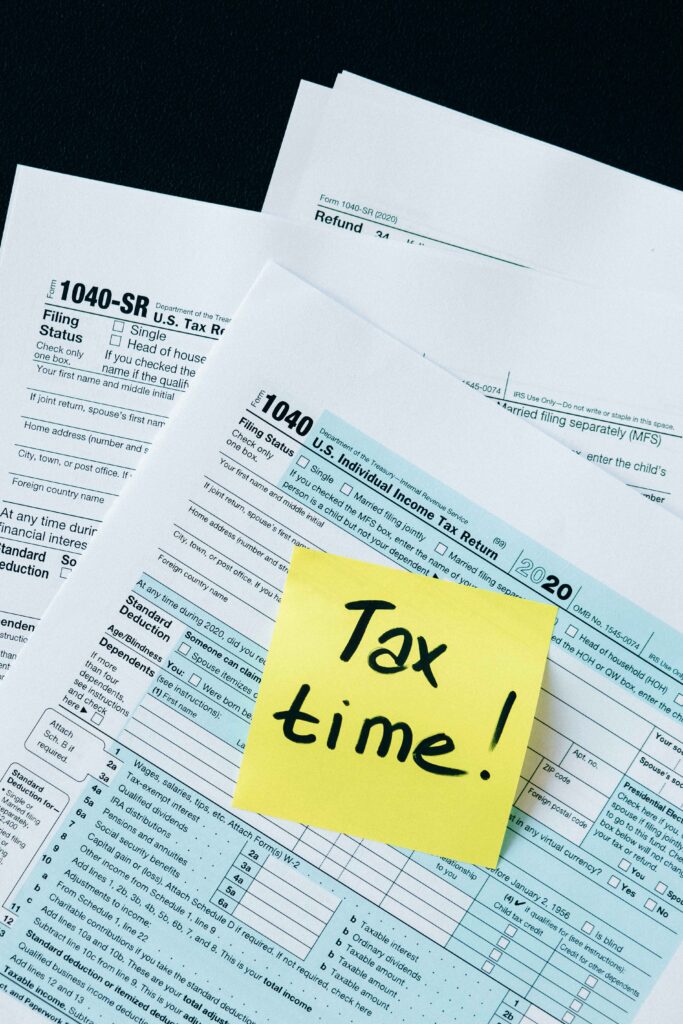Tax Services in Pembroke Pines: Write-Offs You Shouldn’t Miss for the 2025 Tax Season
Understanding Tax Deductions Pembroke Pines Tax Deductions You Should Definitely Be Thinking About Tax write-offs—those sweet legal deductions—can shrink your taxable income and boost your refund in a big way. Whether you’re an individual or a small business owner here in Pembroke Pines, knowing what counts as a deductible expense is one of the smartest ways to save money and avoid leaving cash on the table. Effective tax planning services can help you navigate these deductions and maximize your after tax income. But let’s be honest—it can feel like a jungle trying to figure it all out. This guide lays out some of the most valuable deductions to keep on your radar, along with practical tips to make tax season feel less like a migraine and more like a win. Tax Deductions for Individuals Filing in Pembroke Pines for 2025 If you’re getting ready to file, here are some write-offs you might qualify for—some well-known, others not so much: Mortgage InterestIf you’re a homeowner, that mortgage interest you’ve been paying? It’s deductible. Especially helpful during those early loan years when interest makes up most of your payment. Out-of-Pocket Medical ExpensesThink doctor visits, prescriptions, mental health services—even crutches. If you had a high medical year, those bills could knock down your taxable income. Charitable ContributionsDonated to a church, local nonprofit, or even gave away clothes? Those are deductible. Just be sure you have a receipt or record to back it up. State and Local Taxes (SALT)If you paid property tax or state income tax, you can deduct up to $10,000 under SALT. It’s a great one to claim—especially here in Florida. Student Loan InterestYou could deduct up to $2,500 in interest, even if you don’t itemize. For borrowers still grinding away at loan balances, this one’s gold. Education Tax CreditsPaying for college or job training? The American Opportunity Credit and Lifetime Learning Credit can help cover those tuition and supply costs. Ensuring tax compliance is crucial to avoid penalties and make the most of these deductions. Want help figuring out what you can claim? Our team at Mr. Pines Account Tax offers expert tax preparation in Pembroke Pines to make sure you don’t miss a single deduction. We also recommend tax saving strategies tailored to your unique situation to maximize your after-tax income. Tax Deductions for Small Business Owners in Pembroke Pines Running a business isn’t cheap—but the right deductions can ease the burden big time. Here are some must-know write-offs: Home Office DeductionUse part of your home strictly for business? You can deduct a chunk of your rent, utilities, and mortgage interest based on the square footage of your office space. Office Supplies & EquipmentPaper, pens, laptops, and even desks—all deductible. Section 179 lets you deduct the full cost of qualifying equipment upfront in the year you buy it. Business InsurancePaying premiums for property, liability, or workers comp coverage? Totally deductible. It’s a smart way to protect your business and lower your tax bill. Business TravelIf you hit the road for work, keep those receipts. Airfare, hotels, meals, rental cars—those costs are tax-deductible as long as the trip was business-related. Marketing & PromotionSpent money on Facebook ads, a new logo, or a business card design? That’s a deduction. Anything that promotes your business counts. Professional ServicesFees paid to accountants, attorneys, or consultants tied to your business? You guessed it—also deductible. Additionally, consider utilizing payroll services to streamline your financial management. Want to make sure your business expenses are fully optimized? Check out our professional tax preparation services in Pembroke Pines for small businesses—we’ve got you covered with legitimate tax strategies to help you save more than our fees. Importance of Accounting Services in Pembroke Pines Accounting services are essential for individuals and businesses in Pembroke Pines, providing a range of benefits that can help you achieve financial success. From tax preparation and planning to bookkeeping and financial management, our accounting services can help you stay on top of your finances and make informed decisions about your financial future. Our team of experienced accountants can help you navigate the complexities of tax regulations and ensure you’re in compliance with all tax laws and regulations. Tax Planning Strategies for Financial Success Tax planning is a critical component of financial planning, allowing individuals and businesses to minimize their tax liability and achieve their financial goals. In Pembroke Pines, our team of experts can help you develop a comprehensive tax planning strategy that takes into account your unique financial situation and goals. From deferring tax liabilities to recommending tax saving strategies, we can help you make informed decisions about your financial future. How to Be Tax-Ready With Effective Tax Planning Without Losing Your Mind Tax season doesn’t have to be stressful. Here’s how to stay ahead of the game: Keep Your Receipts in CheckLabel and file everything—business purchases, medical costs, home expenses, and donations. You’ll thank yourself later. Collect Your Tax Docs EarlyGather all W-2s, 1099s, receipts, and records tied to income or deductions. Keep last year’s return handy for reference. Track Mileage & Home ExpensesDrive for business? Use a mileage tracker. Got a home office? Track utilities, rent, and internet tied to the space. Mark the CalendarDon’t let tax deadlines sneak up. April 15 is the big one—but if you’re self-employed, note those quarterly due dates too. Use Digital ToolsApps like QuickBooks, Expensify, or MileIQ can simplify your bookkeeping and make tax filing smoother. Attending frequent tax seminars can also keep you updated on the latest tax laws and strategies. Hire a Tax ProWhen you’re juggling multiple deductions, it’s worth getting expert help. A tax pro specializing in tax accounting can find opportunities you might miss—and help you steer clear of penalties. Maximize Your Deductions with Tax Saving Strategies, Minimize the Headaches Getting ahead of tax season is all about strategy. The sooner you start, the better your chances of saving more and stressing less. Let Mr. Pines Account Tax help you stay organized, compliant, and fully prepared to take on tax
Tax Services in Pembroke Pines: Write-Offs You Shouldn’t Miss for the 2025 Tax Season Read More »










